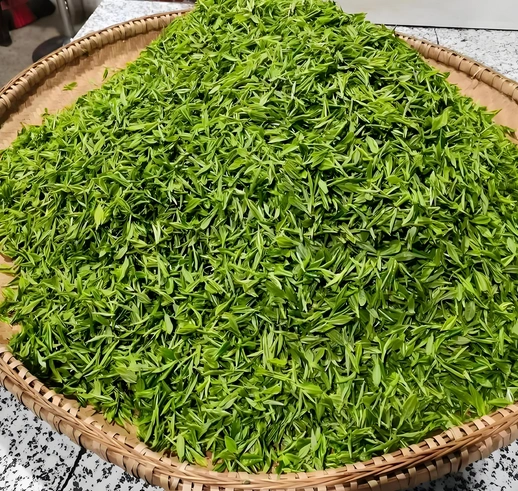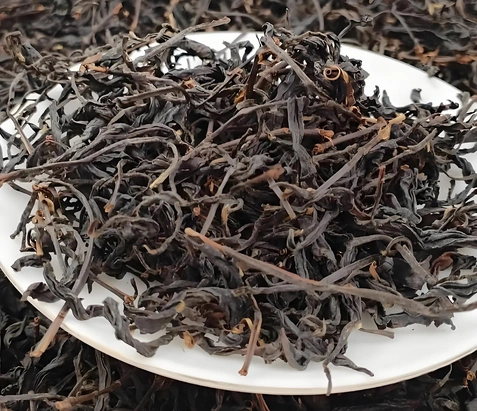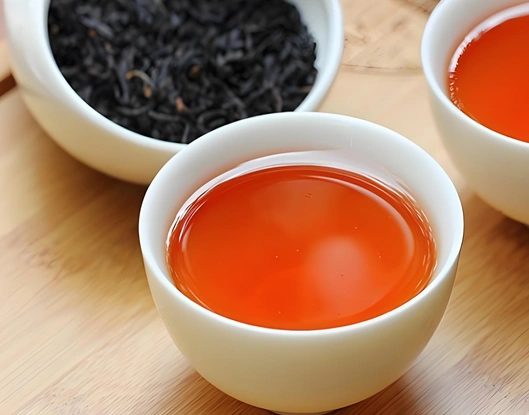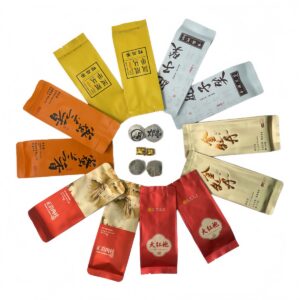Black tea and cholesterol make an enchanting pair—steeped in rich tradition and backed by modern science—capable of transforming your daily cup into a heart-nurturing ritual. From the moment you inhale the toasty, honeyed aroma and watch the deep amber liquid swirl, you’re not merely indulging your senses—you’re welcoming a wave of benefits that can gently lower “bad” LDL cholesterol, bolster “good” HDL levels, and help your arteries stay supple.
In this article, we’ll journey through the compelling science, reveal the key compounds in black tea, spotlight its role in heart health, gut wellness, and immunity, and share sensory-rich brewing and lifestyle tips that turn every cup into an act of self-care. Prepare to sip your way to a healthier, happier you.
Understanding Black Tea and Cholesterol
How Black Tea Influences Lipid Metabolism
Black tea undergoes full oxidation, converting its natural polyphenols into theaflavins and thearubigins—antioxidants that bind to dietary fats and cholesterol in the gut, reducing absorption. These compounds also modulate liver enzymes that process lipids, leading to lower circulating LDL (“bad”) cholesterol and, in some studies, a slight rise in HDL (“good”) cholesterol.
Why “Black Tea and Cholesterol” Matters
Heart disease remains a leading cause of mortality worldwide, and high LDL cholesterol is a major risk factor. Choosing black tea and cholesterol management isn’t just a flavorful habit—it’s a proactive step toward healthier arteries, steadier blood pressure, and a longer life.

Key Bioactive Compounds in Black Tea
Theaflavins and Thearubigins Explained
- Theaflavins create the bright amber hue and contribute to that gentle astringency that cleanses the palate.
- Thearubigins deepen flavor with malty, caramel-like notes while extending antioxidant protection throughout your body.
Together, these molecules scavenge free radicals, reduce oxidative damage to blood vessel walls, and support balanced lipid profiles.
Antioxidant Powerhouses
A single cup of black tea can deliver up to 200 mg of polyphenolic antioxidants—comparable to some fruits and vegetables. These antioxidants neutralize reactive oxygen species, preventing inflammation that can trigger LDL oxidation and arterial plaque formation.
Scientific Evidence on Cholesterol Reduction
Landmark Clinical Trials
In a randomized 2012 study, adults who consumed three cups of black tea daily for six months saw their LDL levels drop by an average of 6.5% and their HDL levels increase by 2% compared to controls (McKay & Blumberg, 2012) McKay2012.
Insights from Meta‑Analyses
A 2014 meta-analysis of nine trials concluded that daily black tea intake was associated with a modest but significant reduction in total and LDL cholesterol (Sharma et al., 2014) Sharma2014. These findings underscore the real-world impact of black tea and cholesterol synergy.
Black Tea and Heart Health (Secondary)
Cholesterol’s Role in Cardiovascular Wellness
While targeting cholesterol is vital, heart health thrives on multiple fronts: vessel flexibility, balanced blood pressure, and controlled inflammation. The same polyphenols that regulate lipids also support endothelial function, helping arteries dilate and contract smoothly.
Synergy Between Lipid Control and Heart Protection
Regular black tea drinkers often enjoy lower blood pressure and reduced markers of oxidative stress, making black tea and heart health partners in a comprehensive cardiovascular defense.

Black Tea for Gut Health (Secondary)
Polyphenols and Gut Microbiome
Beyond the heart, black tea nurtures your gut. Tea polyphenols stimulate growth of beneficial bacteria like Lactobacillus and Bifidobacterium, creating a balanced microbiome that supports healthy digestion and nutrient absorption.
Impact on Digestive Wellness
Improved gut flora can lower systemic inflammation—a contributor to both high cholesterol and heart disease—making black tea for gut health an appetizing route to overall wellness.
Black Tea and Immune System (Secondary)
Flavonoid‑Driven Immunity Support
Theaflavins and thearubigins also exhibit antiviral and antimicrobial properties, enhancing your body’s frontline defenses. By modulating cytokine production, they help your immune system respond efficiently without overreacting.
Practical Tips for Immune Boost
To harness black tea and immune system benefits, steep fresh leaves for 4–5 minutes and enjoy daily—especially during cold seasons or high-stress periods when immunity needs extra support.
Brewing Tips to Maximize Benefits
Optimal Water Temperature and Time
- Temperature: Bring water to a rolling boil (95–100 °C).
- Tea Dose: Use 2 g (1 heaped teaspoon) of leaves per 240 ml water.
- Steep Time: 3–5 minutes—longer steeps yield more theaflavins but can increase bitterness.
Blending with White Tea for Enhanced Effects
White tea adds delicate catechins—ultra-potent antioxidants that complement black tea’s theaflavins. Blend a 2:1 ratio of black to white leaves, steep at 90 °C for 3 minutes, and savor a multifaceted antioxidant surge.

🔗 To learn more about how to make tea, check out Tanbiwencha’s YouTube video explaining how to make tea.
Lifestyle and Dietary Recommendations
Pairing Black Tea with Cholesterol‑Friendly Foods
- Oatmeal with Berries: Soluble fiber and antioxidants unite with tea polyphenols for heart-smart synergy.
- Avocado on Whole‑Grain Toast: Monounsaturated fats support healthy HDL levels.
- Dark Chocolate (70%+): Cocoa flavanols double down on antioxidant benefits.
Holistic Habits: Exercise, Sleep, and Stress
- Move Daily: 30 minutes of brisk walking or cycling enhances lipid metabolism.
- Prioritize Sleep: 7–8 hours to regulate hormones that influence cholesterol.
- Manage Stress: Meditation, deep breathing, or a mindful tea ritual lower cortisol—preventing stress-related lipid spikes.
Conclusion
Embracing black tea and cholesterol together is more than a daily habit—it’s a sensorial celebration that nurtures your heart, gut, and immune system. From the first aromatic inhale to the last golden drop, each cup weaves tradition with science, flavor with function. So, steep boldly, savor deeply, and let every sip carry you closer to vibrant health.



